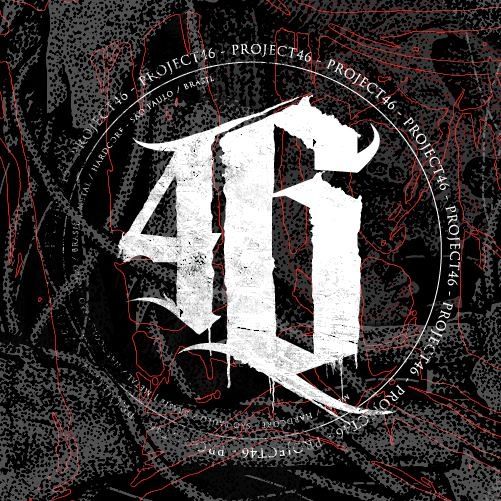


The more computer power you have, the more guesses you can make quickly. (More accurately, it would have billions of billions of sides, but that’s hard to draw.) The winner is the first person to roll a number under 10. This article provides a good analogy: Imagine you’re at a casino and everyone playing has a die with 500 sides. You can think of it like a lottery, or a game of dice. However, as it happens, managing a digital currency of that value with no central authority takes a whole lot of computing power. (Of course, if someone is caught buying illegal drugs or orchestrating ransomware attacks, two of the many unsavory uses for which cryptocurrency has proved attractive, they’d still be subject to the law of the land.) The idea was that growing demand over time would give Bitcoins their value.īut today, a single Bitcoin is worth about $50,000, though that could vary wildly by the time you read this, and no one can stop you from sending it to whomever you like. But the ultimate supply of Bitcoins would be limited. All Bitcoin transactions would be openly accounted for in a public ledger that anyone could examine, and new Bitcoins would be created as a reward to participants for helping to manage this vast, sprawling, computerized ledger. In other words, no single person or entity could control it. That’s the origin of Bitcoin.īitcoin users wouldn’t have to trust a third party - a bank, a government or whatever - Nakamoto said, because transactions would be managed by a decentralized network of Bitcoin users.


In 2008, an unknown person or persons using the name Satoshi Nakamoto published a proposal to create a cash-like electronic payment system that would do exactly that: Cut out the middlemen. So a group of free thinkers - or anarchists, depending on whom you ask - started to wonder: What if there was a way to remove controls like these? But that could also mean that if you transfer a big amount of money to someone, your bank will report it to the government even if the transfer is completely on the up-and-up. Banks, credit-card networks and other middlemen can exercise control over who can use their financial networks and what they can be used for - often for good reason, to prevent money laundering and other nefarious activities. Traditional kinds of money, such as those created by the United States or other governments, aren’t entirely free to be used any way you wish. On the internet, things can get more complicated. We can give it to whomever we want, or even destroy it. Then we swap it amongst ourselves for cars, candy bars and tube socks. A government prints some paper and guarantees its value. For a long time, money has been thought of as something you can hold in your hand - say, a dollar bill.Ĭurrencies like these seem like such a simple, brilliant idea.


 0 kommentar(er)
0 kommentar(er)
